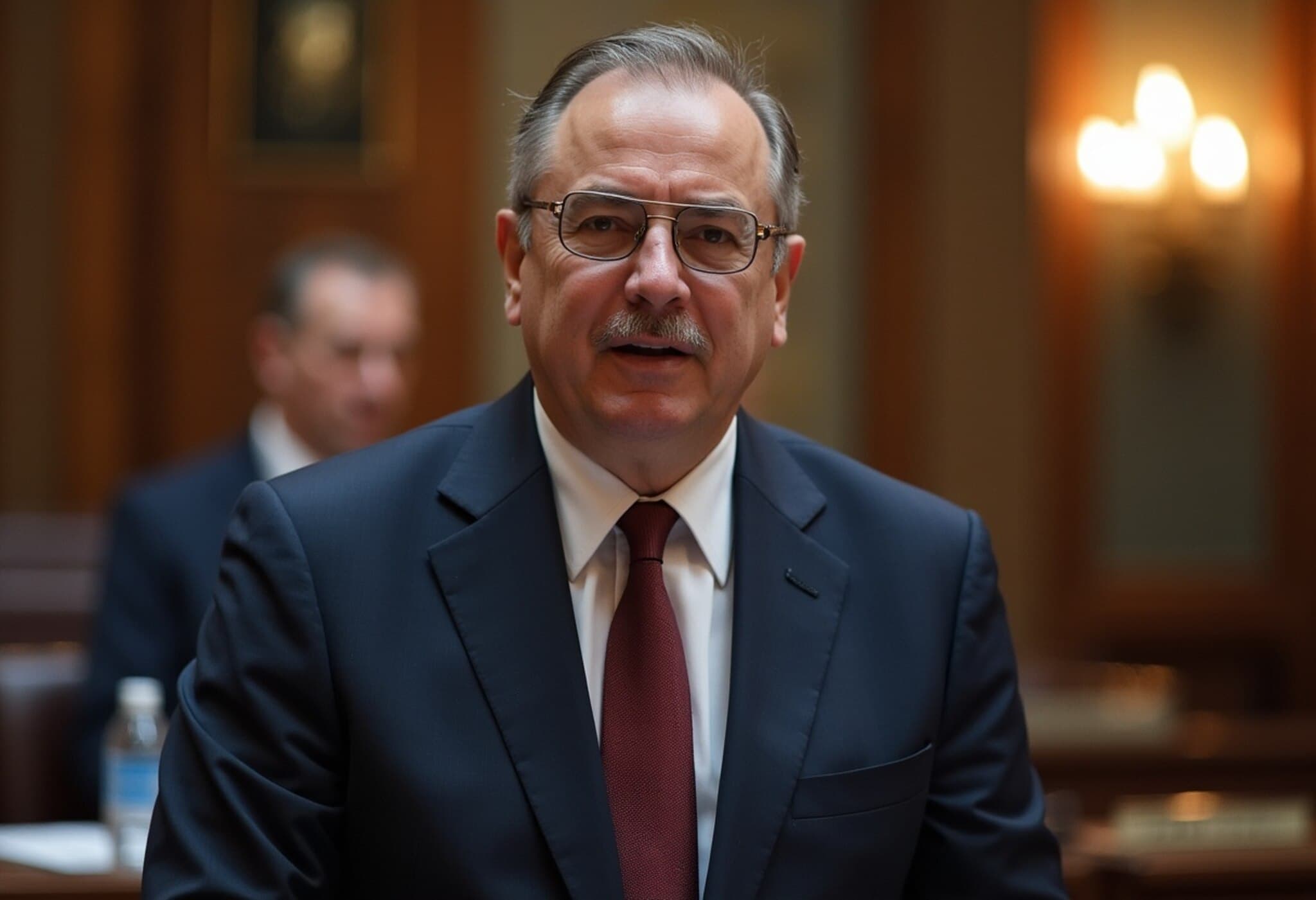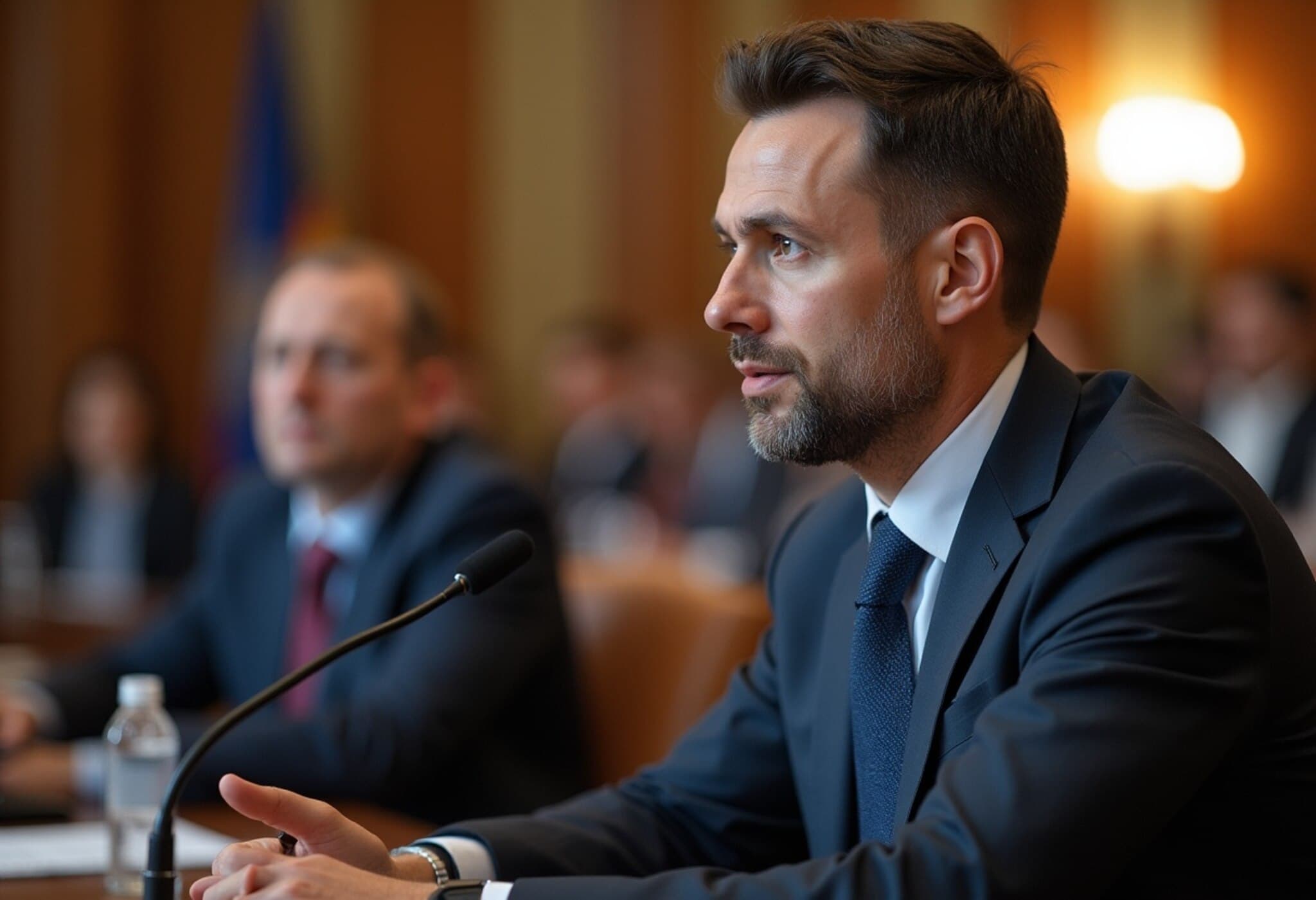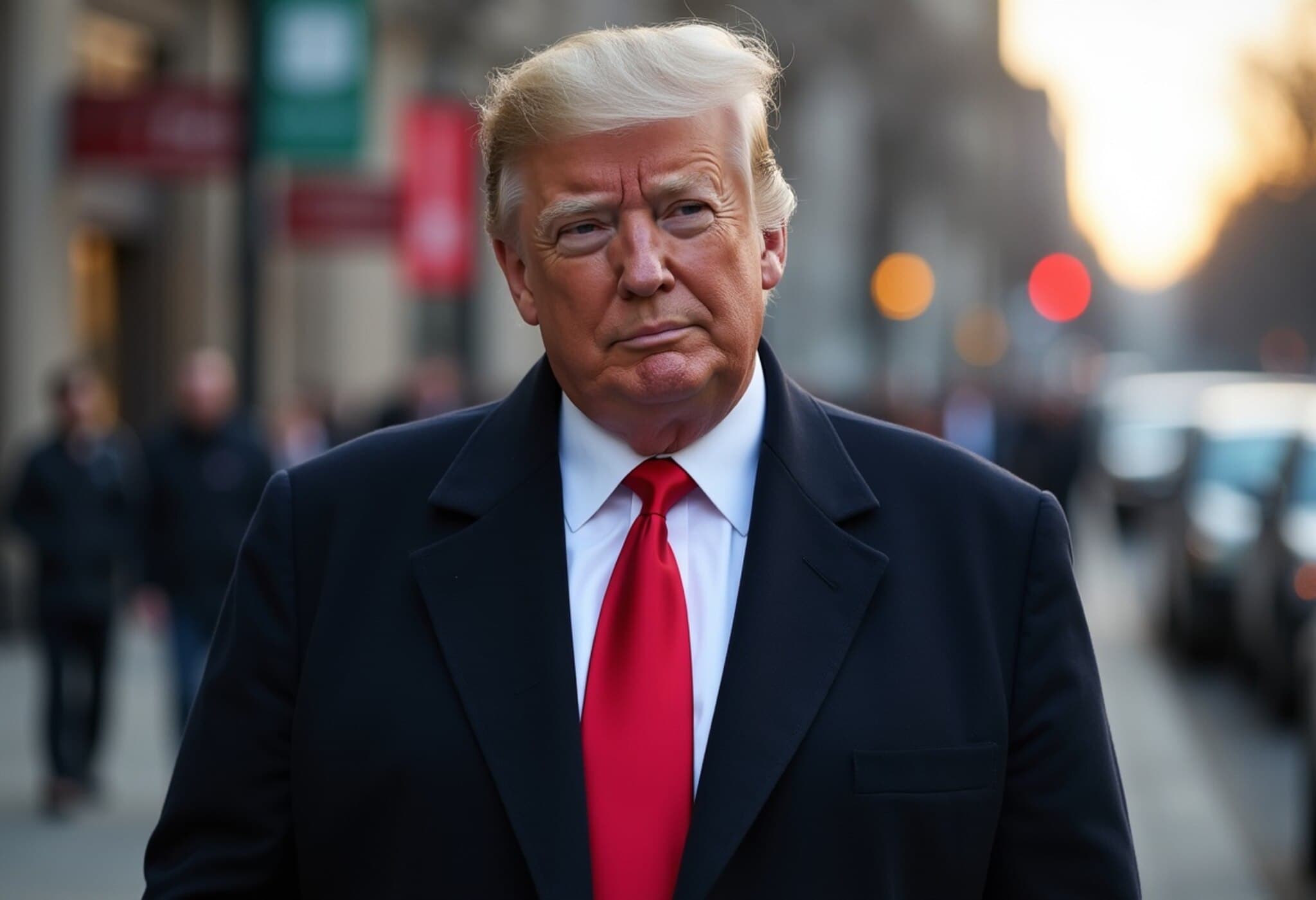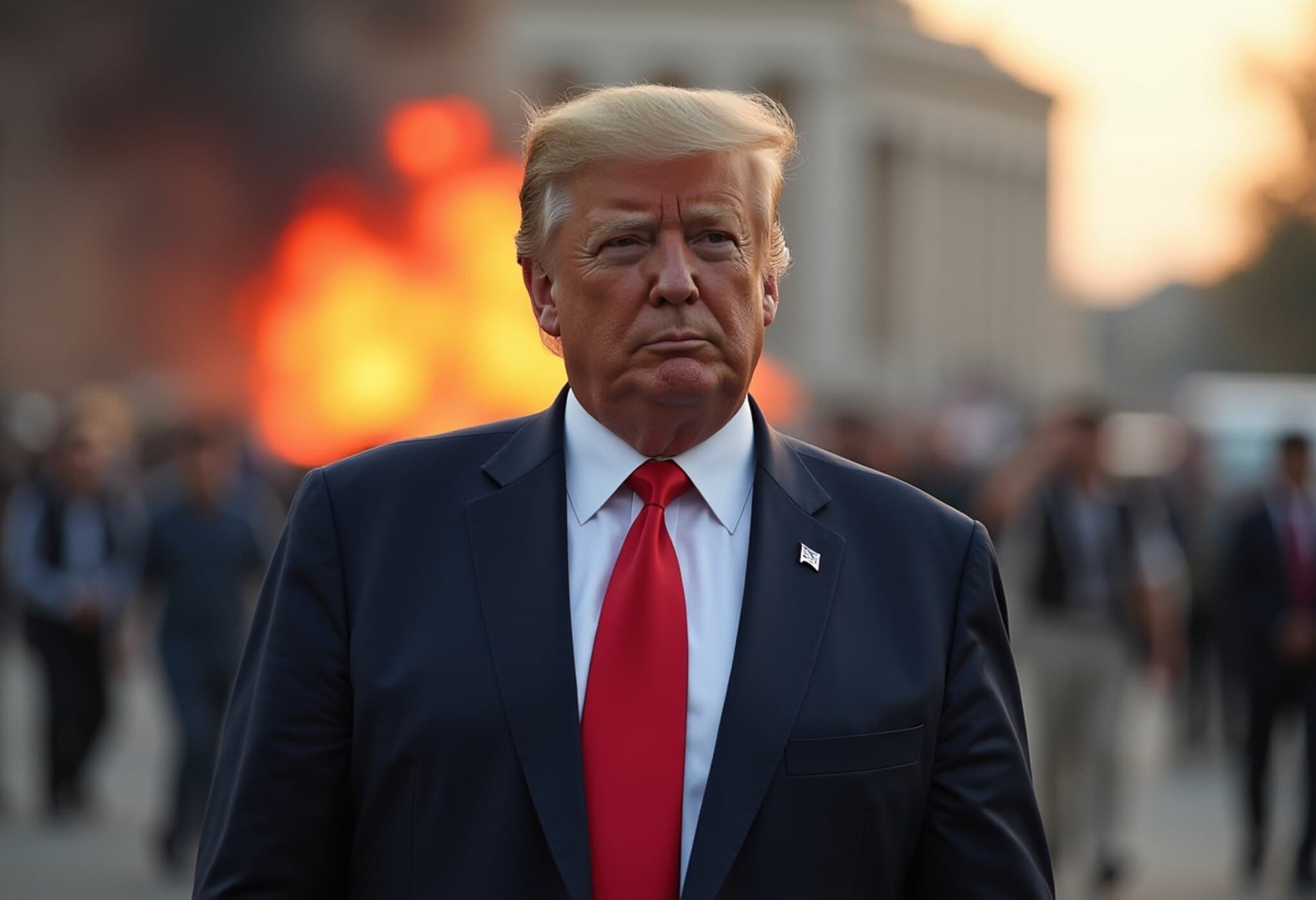Kosovo Parliament Faces Unprecedented Deadlock as Speaker Election Fails Again
In a staggering display of political impasse, Kosovo's Parliament failed to elect a new speaker and officially constitute the legislative body for the 50th consecutive time on July 21, 2025. The ongoing stalemate has left the nation in limbo months after its February elections, exposing deeper fractures within Kosovo’s political landscape and raising concerns about the future stability of its government.
The Roots of the Deadlock
The political deadlock centers around outgoing Prime Minister Albin Kurti and his party, Vetevendosje (VV), which despite emerging as the dominant force in the February polls, failed to secure enough seats to unilaterally install their preferred speaker candidate, former Justice Minister Albulena Haxhiu. Opposition factions have consistently rejected Haxhiu’s nomination, viewing her as a divisive figure and pushing Kurti to reconsider his choice—a move the prime minister has so far refused.
Avni Dehari, the oldest MP temporarily chairing the parliamentary session, adjourned the meeting without progress, after turning off microphones to quiet opposition MPs attempting to debate, saying, “The session is adjourned; we resume on Wednesday.”
Implications for Kosovo’s Governance
- Government Formation Paralyzed: Without a speaker, the parliament cannot be formally constituted, preventing the election of a new government. Kurti remains a caretaker prime minister, extending his provisional tenure beyond five months.
- Constitutional Quandary: Kosovo’s legal framework requires reconvening the parliamentary inaugural session every 48 hours until a speaker is elected, but it lacks a defined deadline to resolve such deadlocks.
- Judicial Pressure: Seeking to break the cycle, Kosovo’s Constitutional Court has mandated the parliament to resolve this within 30 days, with the deadline set to expire imminently on Saturday, July 26.
- Possible Snap Elections: Political analysts warn that failure to form a government may trigger early elections, potentially destabilizing Kosovo further in a sensitive regional context.
Voices From the Political Arena
Vlora Citaku, General Secretary of the opposition Democratic Party of Kosovo (PDK), sharply criticized the current situation, accusing Kurti of holding the country hostage, stating, “Kosovo is a hostage of Albin Kurti.” This sentiment echoes growing frustration among opposition lawmakers and segments of the public who view the stalemate as detrimental to Kosovo’s sovereignty and democratic progress.
In a dramatic public gesture highlighting the crisis, prominent lawyer Arianit Koci shaved his head outside the parliament building, declaring, “Our very statehood is being threatened. Friends and enemies are becoming convinced that we are not capable of maintaining a state.” His act underscores the widespread alarm about the erosion of institutional trust and governance efficacy in the young Balkan democracy.
Expert Insight: What This Means for Kosovo’s Future
The persistent failure to elect a speaker not only stalls internal political mechanisms but also chips away at Kosovo’s international credibility—especially critical as it navigates complex relationships with Serbia, the European Union, and NATO. The deadlock illustrates the difficulties emerging democratic states face balancing diverse political interests and ethnic compositions within their parliaments.
From a legal perspective, Kosovo’s lack of a firm mechanism to resolve such protracted stalemates invites questions about the robustness of its constitutional design. The 30-day ultimatum by the Constitutional Court is a move to ensure accountability, yet it remains unclear what enforcement measures exist should lawmakers continue to deadlock.
Regional stability experts note that protracted internal crises in Kosovo risk emboldening nationalist rhetoric and external actors seeking to undermine its sovereignty. Thus, finding a compromise transcends internal politics and touches upon the broader geopolitical balance in the Western Balkans.
Looking Ahead: Will the 51st Session Break the Gridlock?
As parliament reconvenes, eyes will be on whether Kosovo’s political factions can bridge divides or if the deadlock will extend, forcing a new round of elections in an already fragile political environment. The stakes are immense—not just for domestic policy but for Kosovo's standing on the international stage and its democratic trajectory.
Key Takeaways
- The failure to elect a speaker for 50 sessions reflects deep partisan divides and leadership challenges.
- The caretaker government arrangement is unsustainable and threatens institutional legitimacy.
- Legal and constitutional solutions remain inadequate to swiftly resolve political impasses.
- Public trust is eroding, indicated by symbolic protests signaling alarm over state stability.
- The international community’s watchfulness will intensify as political uncertainty persists.
Editor’s Note
The ongoing paralysis of Kosovo’s parliament serves as a stark reminder of the fragility in emerging democracies where political will and institutional frameworks must align to sustain governance. As Kosovo grapples with this stalemate, critical questions arise: Are Kosovo’s political leaders prioritizing national interest over party agendas? How might electoral reforms or constitutional amendments better safeguard against such protracted deadlocks? And crucially, what role should the international community play in encouraging a resolution that strengthens Kosovo’s democratic foundations rather than deepening divisions?












